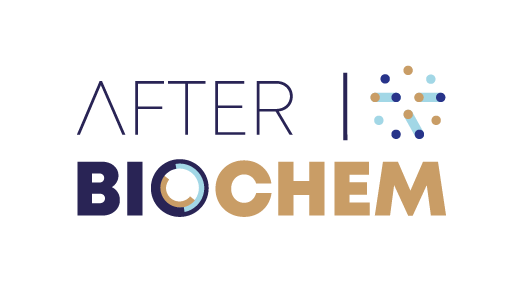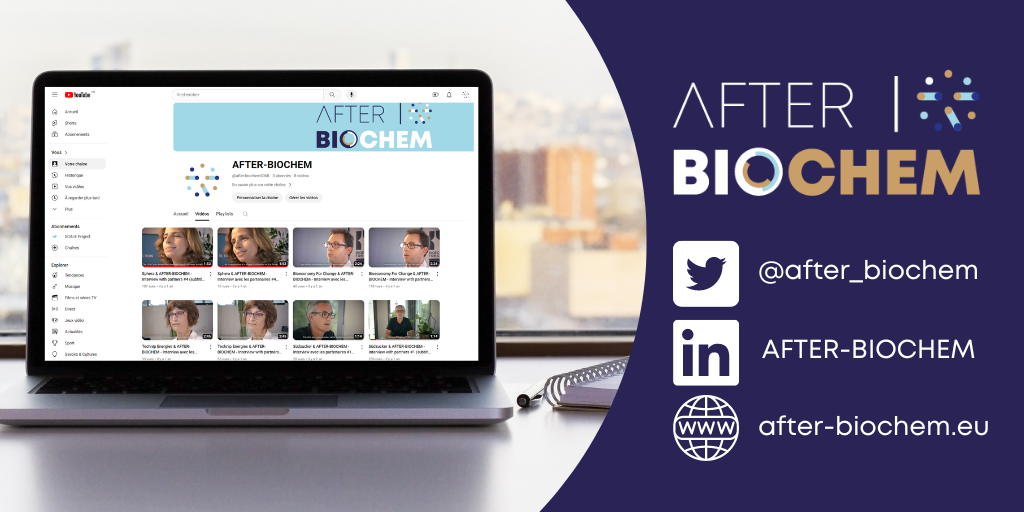AFTER-BIOCHEM represents a groundbreaking initiative with a singular objective: the establishment of an innovative biorefinery in Carling-Saint-Avold, France, which will pioneer the production of bio-based organic acids through esterification and non-aerobic fermentation of by-products from the sugar industry. This project marks a significant milestone on the path towards the development of new bio-based organic acids, thereby contributing to the reduction of the reliance of the industry on fossil and petroleum-derived chemicals that currently dominate the market.
The bio-based organic acids produced in the framework of AFTER-BIOCHEM will have a profound impact, finding applications in a diverse range of sectors, including cosmetics, pharmaceuticals, food and feed, as well as fragrances and flavoring. The project has received 20 million euros from Horizon Europe innovative program (on a total budget of 33 million) through Bio-based industry joint undertaking (BBI-JU).
To provide insights into their motivations for joining this exciting project and how it aligns with their vision of the bioeconomy and the innovative circular utilization of biomass, partners from Sphera, Technip Energies, Südzucker, and B4C have shared their perspectives in a series of videos posted on the project’s YouTube channel.
AFTER-BIOCHEM: a path leading to sustainable and circular-produced chemicals
The project’s partners are resolute to foster more sustainable industrial processes and generate positive environmental impacts. In her interview, Margarida Gama, senior consultant at Sphera, shared the overarching goal her company by joining the project: cultivate and facilitate a more sustainable world, a pivotal objective they have found in this project. Sphera is actively engaged in the evaluation of the environmental footprint of the plant production, through a comprehensive approach of Life Cycle Assessment (LCA). This method encompasses an exhaustive analysis of every input and output throughout the process, scrutinizing all environmental consequences, spanning from pollution to the utilization of resources such as water and land. LCA serves as a valuable tool in ensuring the sustainability and favorable impact of initiatives like AFTER-BIOCHEM.
In what concerns Technip Energies, the decision to join AFTER-BIOCHEM was a natural progression, owing to their existing strong partnership with the consortium’s coordinator, Afyren. Isabelle Navier, Head of the Refinery and Bio-Sourced Technology Process Group emphasized the fact that the company is transitioning towards diversifying its industrial processes.
For Geert Van Aelst, Head of Sustainability at Südzucker, joining the project was an opportunity to extract value from their sugar beet by-products, including pulp and molasses, which are typically overlooked at the culmination of sugar production. This, while remaining aligned with their values regarding sustainability and circularity.
Antoine Peeters, the Deputy Managing Director of Bioeconomy for Change (B4C), highlighted his vision of bioeconomy, accentuating the imperative to adopt a more circular and efficient utilization of biomass. As an innovative cluster, B4C joined the project to champion it and raise awareness among stakeholders in the bioeconomy community and B4C’s extensive networks.
For more information, watch these interviews on our YouTube channel.

